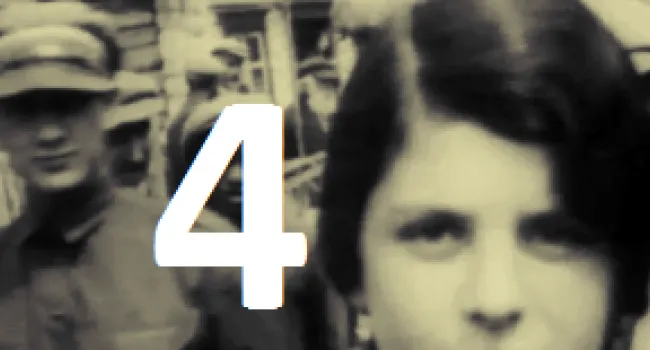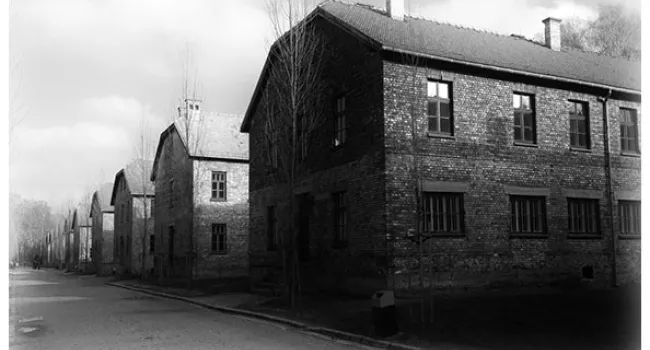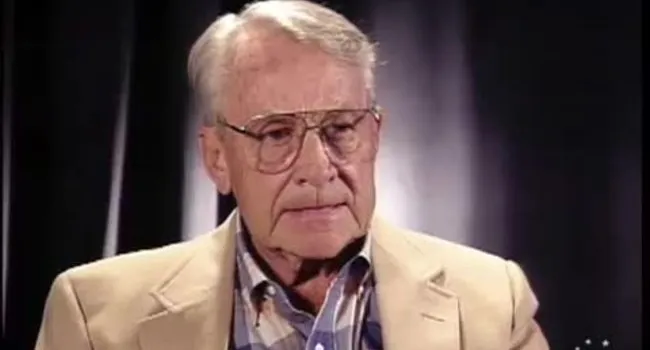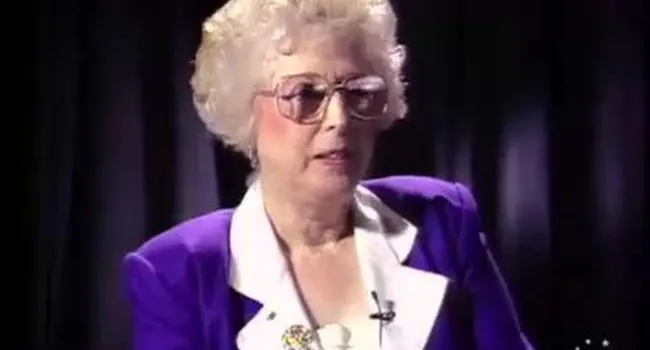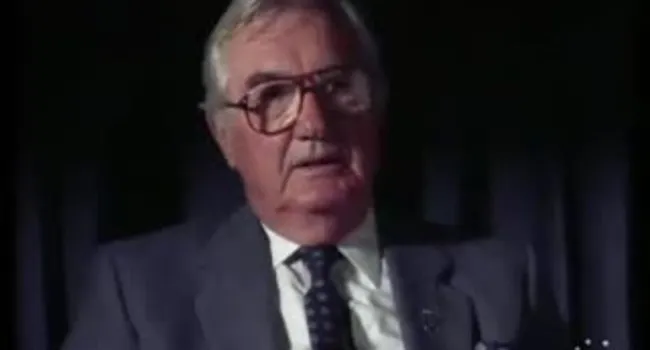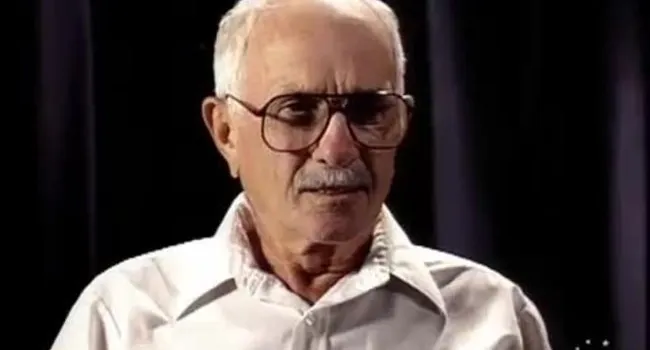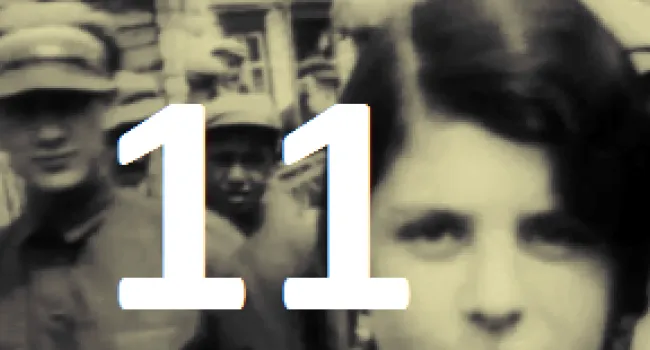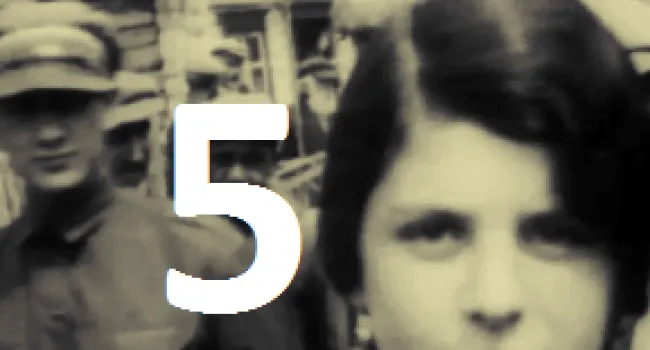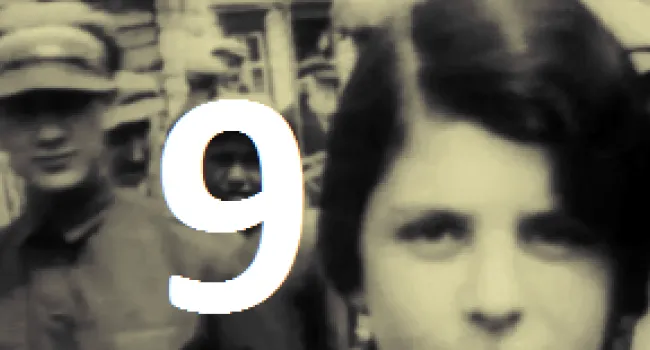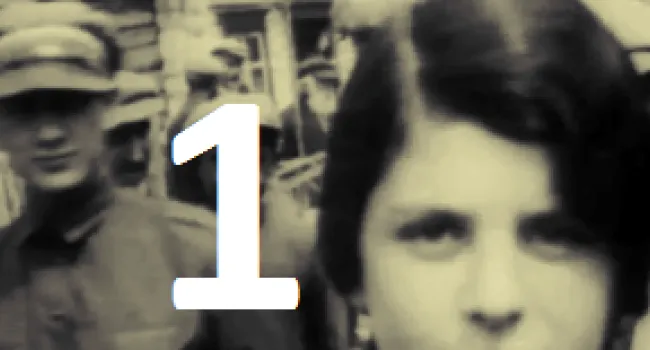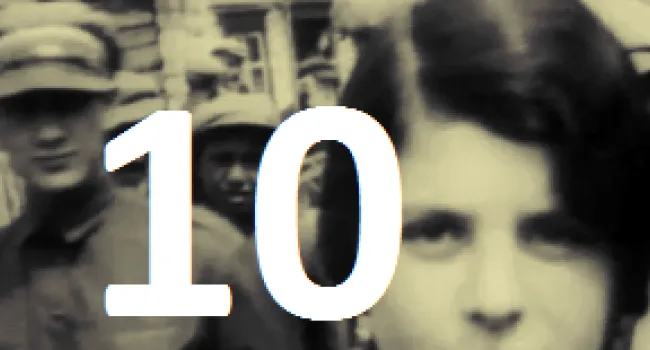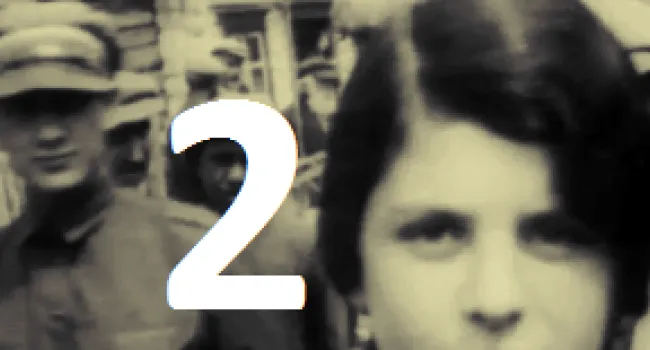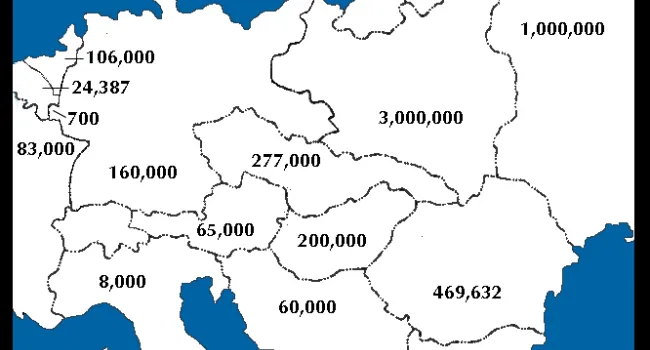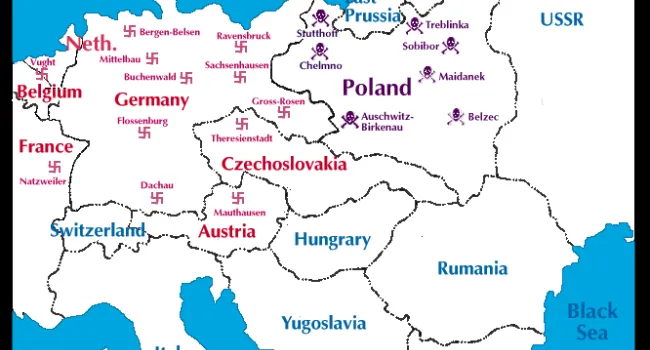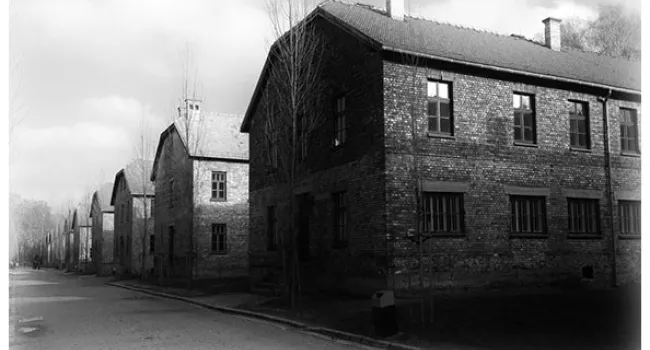Born near Warsaw in 1922, Renee Kolender experienced a good childhood until war broke out, ending school, ending everything. Children were taken from the streets to work each day. Her family was trapped in the ghetto. They stayed there for two years, always battling starvation. Eventually the family was transported to a concentration camp in 1943 and her brother and father were taken away. "If you looked tired, you would be killed." Father was killed; mother died. On Liberation Day, prisoners didn't know where to go. She went home on a cattle train; it was cold, lonely, freezing, with nobody and no food at home. Some Poles started killing Jews again. It was bad everywhere. Renee came to the U.S. to stay with an uncle in Charleston, S.C. She underwent a tremendous amount of fear, physical abuse, and hunger that's impossible to describe. "I myself don't believe that I went through it and pray to God that things like this could never be allowed to happen again."
Standards
- 5.3 Demonstrate an understanding of the economic, political, and social effects of World War II, the Holocaust, and their aftermath (i.e., 1930–1950) on the United States and South Carolina.
- 6.5.CE Explain the impact of nationalism on global conflicts and genocides in the 20th and 21st centuries.
- 7-4 The student will demonstrate an understanding of the causes and effects of world conflicts in the first half of the twentieth century.
- The influence of both world wars and the worldwide Great Depression are still evident. To understand the effects these events had on the modern world, the student will utilize the knowledge and skills set forth in the following indicators:
- 7-4.5 Summarize the causes and course of World War II, including drives for empire, appeasement and isolationism, the invasion of Poland, the Battle of Britain, the invasion of the Soviet Union, the "Final Solution," the Lend-Lease program, Pearl Harbo...
- 7-4.6 Analyze the Holocaust and its impact on European society and Jewish culture, including Nazi policies to eliminate the Jews and other minorities, the Nuremberg trials, the Universal Declaration of Human Rights, the rise of nationalism in Southwest...
- The influence of both world wars and the worldwide Great Depression are still evident. To understand the effects these events had on the modern world, the student will utilize the knowledge and skills set forth in the following indicators:
- 8.5.CO Compare South Carolina and U.S. wartime contributions and demobilization after World War II.
- This indicator is intended to encourage inquiry into the significant causes of World War I and the impacts of the Treaty of Versailles, including its failure to prevent future global conflicts.
- USHC-7 The student will demonstrate an understanding of the impact of World War II on the United States and the nation’s subsequent role in the world.
